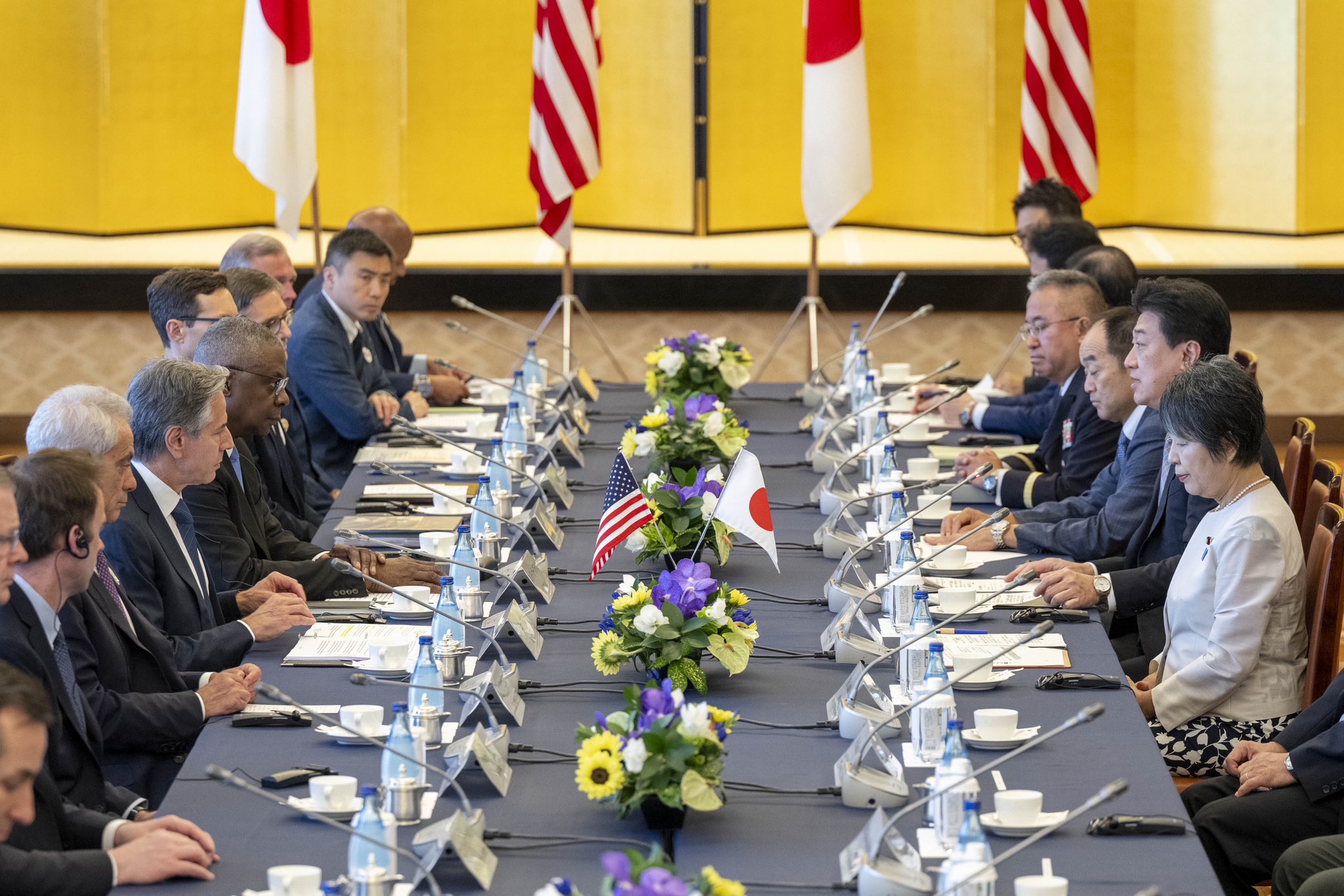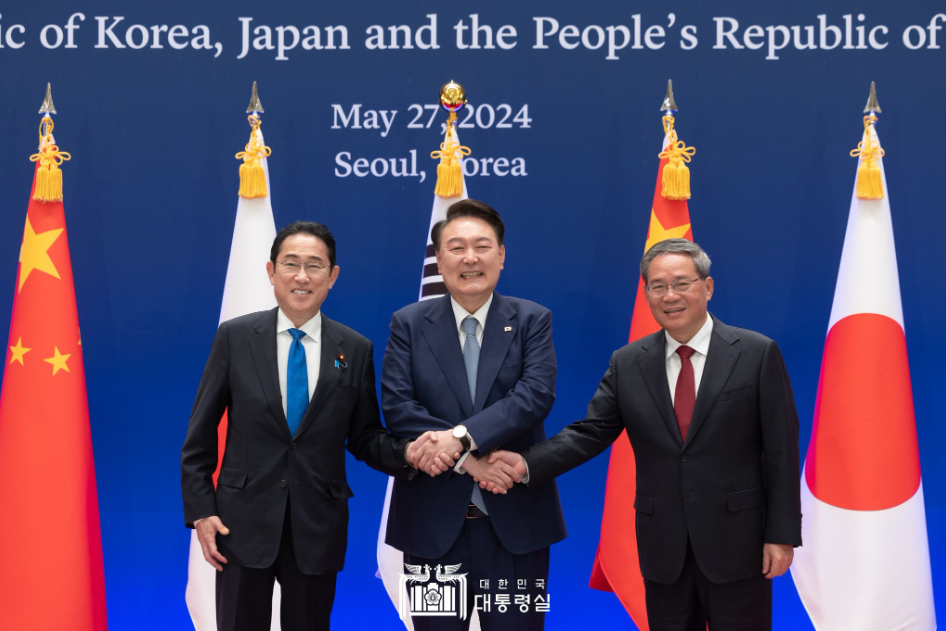
Zhang Yun, Professor, School of International Relations, Nanjing University
Aug 14, 2024
Tokyo has questioned the reliability of U.S. nuclear protection and has put the issue high on the agenda. Lasting peace in East Asia, however, cannot be achieved simply through nuclear power. The way forward is to focus on common security efforts and include all parties in the discussion.

Brian Wong, Assistant Professor in Philosophy and Fellow at Centre on Contemporary China and the World, HKU and Rhodes Scholar
Jun 28, 2024
The 2024 Trilateral Summit marked a significant step in Northeast Asian diplomacy by reestablishing high-level cooperation among China, Japan, and South Korea after a period of interruptions. Despite underlying tensions and complex historical grievances, the summit underscored the importance of pragmatic, issue-specific collaboration and highlighted a strategic pivot towards bilateral engagements as a means to foster regional stability and economic integration.
Jan 10, 2018
The U.S. government has approved the sale of anti-ballistic missiles to Japan to defend itself against a growing nuclear and missile threat from North Korea, a State Department official said on Tuesday.

Su Jingxiang, Fellow, China Institutes for Contemporary International Relations
Dec 29, 2017
Trump’s National Security Strategy turns up the dial on his predecessors’ bellicosity.

Wu Zhenglong, Senior Research Fellow, China Foundation for International Studies
Dec 22, 2017
President Donald Trump said he wanted to seek new partnerships and cooperation with allies during this Asian tour. However, “America First” is Trump’s one and only strategy, with addressing the trade deficit as its ultimate goal. The “Indo-Pacific” is a secondary priority, and the concept was proposed to help boost President Trump’s low approval rating.

Richard Javad Heydarian, Professorial Chairholder in Geopolitics, Polytechnic University of the Philippines
Dec 22, 2017
This year saw the emergence of two competing narratives vis-à-vis the territorial and maritime disputes in the South China Sea. The result is an even more combustible geopolitical landscape, where status quo power meets revisionist power rather than commonly accepted rules taming misplaced ambition.

Ryan Hass, David M. Rubenstein Fellow, Brookings Institution
Dec 20, 2017
Despite its lower profile, the dispute in the East China Sea may carry greater risk of drawing the United States into conflict with China than the various disputes in the South China Sea.

Nov 20, 2017
President Trump has faced persistent criticism for what many see as his administration's lack of an Asia policy, but during his trip to Asia, he hinted at what might become the seeds of a new American strategy: a focus on the "Indo Pacific" as opposed to the "Asia Pacific."

Wu Zhenglong, Senior Research Fellow, China Foundation for International Studies
Nov 17, 2017
The US has proposed a quadrilateral security mechanism with Japan, India, and Australia to contain China. This initiative will fail.